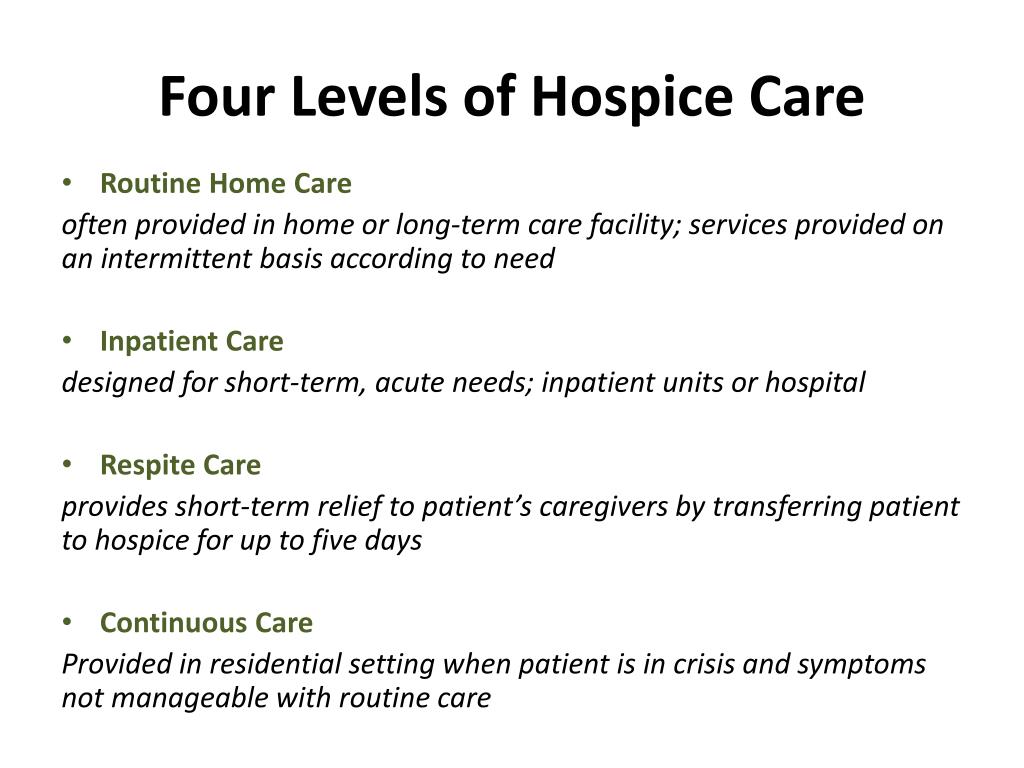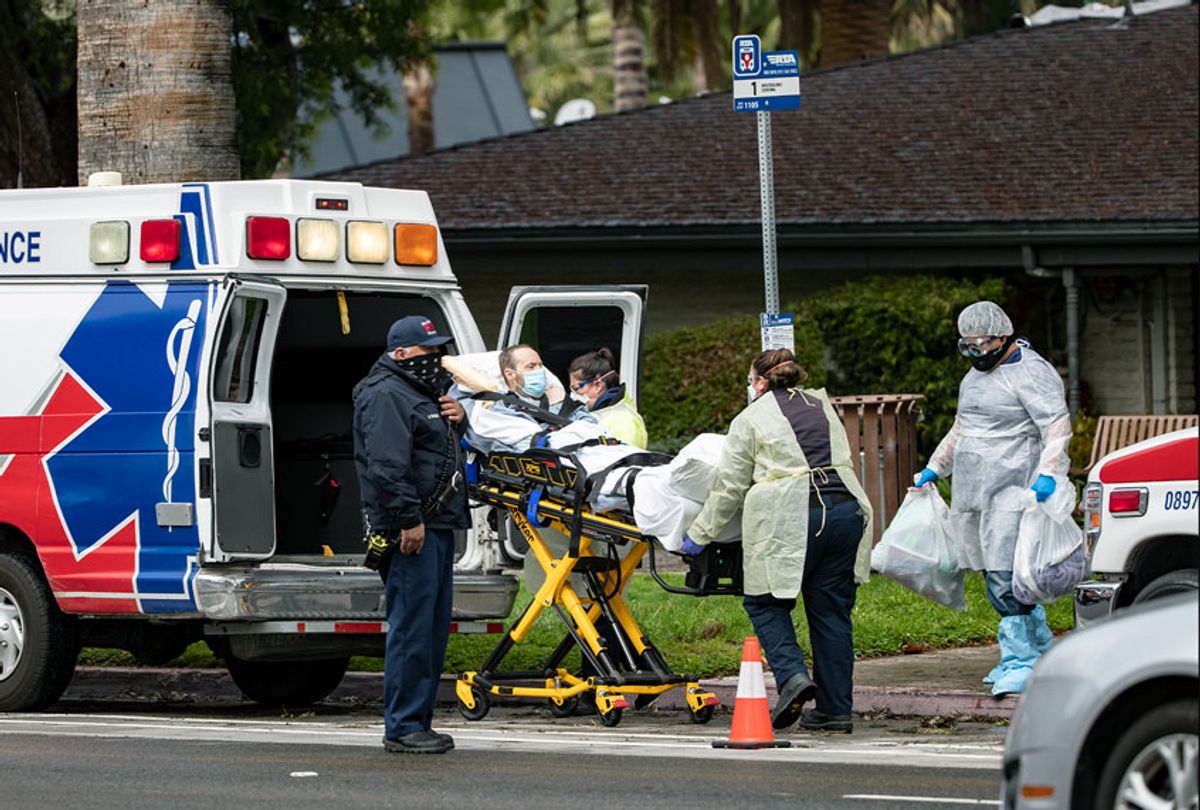
Perhaps you've noticed that a loved one or you are experiencing memory loss. There are many different tests that can assess cognitive, memory and attention functions. These tests are performed by a doctor and can help determine if you or your loved ones have any symptoms of dementia. These tests may also help your doctor rule other medical conditions, such as anaemia and vitamin deficiency.
The Mini-Mental State Examination is one of the most commonly used tests to diagnose dementia. It consists of 11 cognitive tests that assess memory, thinking and other aspects. This test may be administered at the doctor's office. You may be referred for further testing depending on your particular medical condition. A specialist will not only assess you as a general physician would, but will also be more thorough.
Your doctor might also run blood and urine tests that can detect nutritional deficiencies. Precivity AD tests will check for any changes in blood amyloid protein levels. Those who have this protein in their blood are at a higher risk for Alzheimer's disease.

Brain imaging techniques can also help to identify brain tumors, blood clots and structural changes. Certain scans can also indicate patterns of brain tissue loss, indicating the possibility of stroke or vascular disease.
Patients with memory and thinking problems can now be evaluated using blood tests. They must be done in a controlled way and they aren't yet standard. More research is needed before they can be used routinely in medical clinics.
Taking the time to do a comprehensive review of your family history and medical history can provide clues about whether or not you are at high risk for dementia. Your physician will also ask questions about your current state of health, recent illnesses and daily life. He or she will also ask you to complete mental exercises to help evaluate your ability to recall and process information.
In addition to these tests, your physician may refer you to a memory care clinic or a specialist. Although it can be frightening to visit a specialist, this will give you a thorough evaluation of your condition. Additional tests may be required, such as the 7-minute screening (7MS). This screening test aims to detect mild cognitive impairment early. You should have it accompanied with other testing so that your physician can make an accurate diagnosis.

Be sure to seek medical attention immediately if you, or a loved one, experience dementia symptoms. Many new treatments are currently being developed for dementia. Your quality of life can be improved by medication or physical therapy.
FAQ
What are medical systems?
Medical systems are designed so that people can live longer, more fulfilling lives. They make sure patients receive top-quality care when they're in need.
They ensure that the right treatment is given at the correct time. They provide doctors with the necessary information to help them give the best possible advice about the treatment that would be most effective for each patient.
What is the difference between a doctor and a physician?
A doctor refers to a person who is licensed to practise medicine and has completed his/her training. A physician refers to a medical professional that specializes in one area of medicine.
What is the role of private sector?
Healthcare delivery is a critical task for the private sector. The private sector provides some equipment for hospitals.
It also covers some hospital staff. It is logical for them to be involved in running the system.
However, they have limitations.
It is impossible for private providers to be competitive with services provided by the government.
They should not attempt to run the entire system. This could indicate that the system isn't providing good value for your money.
Statistics
- For instance, Chinese hospital charges tend toward 50% for drugs, another major percentage for equipment, and a small percentage for healthcare professional fees. (en.wikipedia.org)
- For the most part, that's true—over 80 percent of patients are over the age of 65. (rasmussen.edu)
- The healthcare sector is one of the largest and most complex in the U.S. economy, accounting for 18% of gross domestic product (GDP) in 2020.1 (investopedia.com)
- Foreign investment in hospitals—up to 70% ownership- has been encouraged as an incentive for privatization. (en.wikipedia.org)
- Price Increases, Aging Push Sector To 20 Percent Of Economy". (en.wikipedia.org)
External Links
How To
What are the key segments in the Healthcare Industry?
The healthcare industry is made up of key segments such as medical devices, pharmaceuticals and diagnostics, biotechnology, therapy, health information technology, medical equipment, and other medical devices.
Medical devices include blood pressure monitors, defibrillators, stethoscopes, ultrasound machines, etc. These products are usually designed to diagnose, prevent, or treat diseases.
Pharmaceuticals can be used to treat symptoms or cure diseases. Antibiotics, antihistamines (or contraceptives), are just a few examples.
Diagnostics are laboratory tests used to detect illness and injury. These include blood tests, urine samples and CT scans.
Biotechnology is the process of using living organisms (such bacteria) to make useful substances that can be used to benefit humans. You can find examples such as vaccines, insulin and enzymes.
Therapeutics refer to treatments given to patients to alleviate or treat symptoms. These treatments can include drugs, radiation therapy and surgical interventions.
Software programs for managing patient records, including health information technology, are used by physicians and their staff. It helps them track which medications are being taken, when they should be taken, and whether they are working properly.
Any equipment used to diagnose, treat or monitor illnesses or conditions is medical equipment. Examples include dialysis machines, pacemakers, ventilators, operating tables, etc.